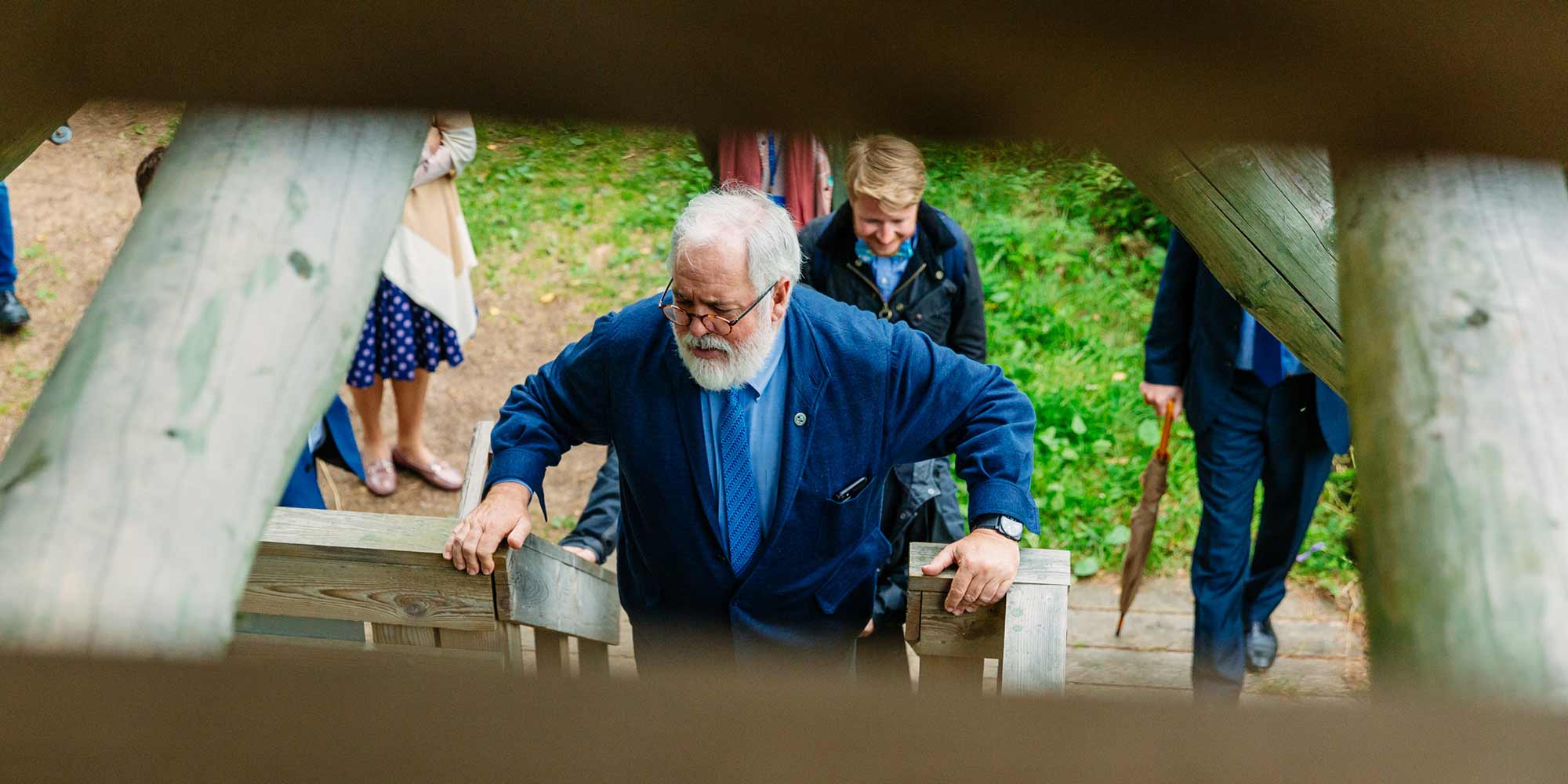A new report from Corporate Europe Observatory shows why the fire-power of the gas industry makes it a powerful and effective lobbying force in Brussels and national capitals. Meanwhile, public interest groups have a fraction of the resources and access.
Guest post, Corporate Europe Observatory | 31 October 2017

Miguel Arias Cañete, Commissioner for Climate Action and Energy, European Commission (Image by Arno Mikkor (EU2017EE), CC BY 2.0)
This blog post originally appeared on the Corporate Europe Observatory website under a creative commons licence. Download their report ‘The Great Gas Lock-in’.
Industry spent more than €100m in 2016 according to the voluntary transparency register, and deployed over 1000 lobbyists plus an army of PR and lobby consultancies, who helped to organise events in the European Parliament, secure high level meetings with the Climate and Energy Commissioners, follow policy and, among other things, push the myth that gas is a ‘clean’ fuel to partner renewable energy. Industry proximity to decision-makers and their financial power has seen them capture the agenda, with their own profit motives placed before the interest of the climate and the livelihoods of communities along the supply chain.
European Commissioner for Climate and Energy Miguel Arias Cañete came from an oil and gas background and still has close ties, and alongside Vice-President for the Energy Union Maroš Šefčovič, is driving forward the gas industry agenda at the highest political level with the full collaboration of national leaders. Their plan is to create an integrated EU-wide gas market underpinned by brand new infrastructure. The new envisaged infrastructure, built under the ‘Projects of Common Interest’ (PCIs) programme, resembles a gas industry wish-list. The industry spin on gas has been swallowed.
Rather than investing in wind, wave, and solar energy and reducing energy use, the EU’s security of supply strategy sees yet more pipelines planned to increase gas from Azerbaijan and Algeria (two countries with poor human rights records), as well as multiple others criss-crossing across Europe. An LNG and storage strategy sees yet more infrastructure being built when the current LNG facilities are operating at less than 25 per cent of their total capacity. Europe is being locked into gas well past the middle of the century when we should be moving away from it. Or, if the EU is actually serious about its commitments under the Paris Agreement, the bill for the over-investment in soon-to-be-stranded assets will be borne by taxpayers and ordinary gas customers, not industry. Either way, allowing the gas industry so much influence over our energy decisions is an environmentally, socially and economically destructive folly.
By creating energy policy hand-in-hand with the gas industry, the Commission and national governments ensure the only energy solution on the table is one that chimes with industry profits, i.e. Gas.
Recommendations:
- A moratorium on all new gas infrastructure projects: all gas PCI candidates should be frozen while the list is assessed against plans to stay below a 1.5ºc temperature rise, taking into account the EU’s responsibility as a rich historical polluter.
- A transfer of political and financial support: the support currently enjoyed by gas should be put behind wind, solar, wave energy, and energy reduction plans, with a focus on community- and publicly-owned infrastructure and projects, given the failure of the market and the big players to transform our economy and energy system away from fossil fuels.
- An end to the privileged access enjoyed by the gas industry: as with the tobacco industry, industry inclusion in the policy process is severely stunting ambition. A firewall is needed between policy-makers and the fossil fuel industry at the national, regional, and UN level, and the EU needs to stop blocking and support this process.
- Full lobby transparency now: a legally-binding and fully-enforced register is essential to know the true fire-power of industry in Brussels. Transparency is essential but the culture within the European institutions means that even when transparency highlights clear cases of privileged access for industry, such as around revolving doors or expert groups, the political will to fix the problem is lacking. Policy-making in the interest of the public rather than industry will require a fundamental shift in culture in the Commission and across EU capitals.
Never miss an update
We expose the risks of international public finance and bring critical updates from the ground – straight to your inbox.
Institution: EBRD | EIB
Location: Azerbaijan | Italy | Greece | Albania
Project: Southern Gas Corridor / Euro-Caspian Mega Pipeline
Tags: Paris Agreement | TANAP | TAP | climate action | climate change | gas | lobbying
